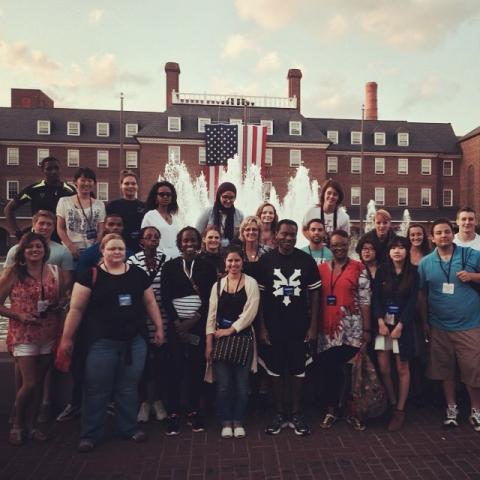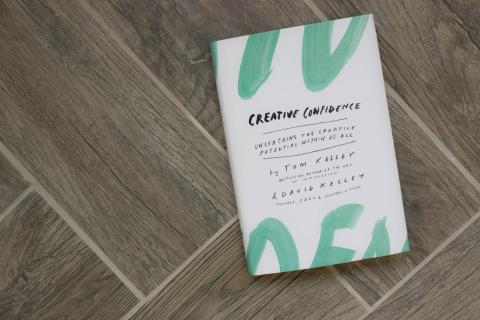The Craft of Writing Part II
Mar 28,2016
When you’re convinced that your writing is the absolute best it can be, you’re ready to start submitting to journals, magazines, and newspapers.
- Figure out what genre your piece belongs in (Is it a scholarly piece written for a specific academic audience? Is it action adventure? Science fiction? Historical?) and research journals, magazines, and newspapers that publish the type of piece you’ve written. God bless the Internet. When I first started writing, we had to do things the old-timey way—we had to look through books! Now lists of journals and magazines are just an Internet search away.
- When you have your list of journals, read their submission guidelines carefully and follow those guidelines exactly as written. Again, I can’t stress this enough. You want to give your writing the best chance of being published. Editors receive many, many submissions, and often they’re looking for easy reasons to reject a piece. To make your work stand out from the crowd, show the editors you’re a professional writer and you take your submission seriously.
- Be prepared for rejections. Sorry, but it’s part of the process. If you don’t have the stomach to deal with the rejections, writing is not for you. If it makes you feel better, you can find many examples of famous authors who received hundreds, sometimes thousands of rejection letters until they were finally published. Jack London was rejected many time, as was J.K. Rowling, as were countless others.
- No matter what, keep submitting. It took me four years to get my first piece published. If I had given up after three and a half years I never would have become a published writer.
If you’ve written a novel, then the process is a little different. If you want to pursue traditional publishing one route is to find an agent who will represent your novel to the publishing houses.
- You can find agents the same way you find journals and magazines—by looking them up online.
- You need to finish your novel before you start contacting agents because if agents are interested in the first few chapters then they’ll often ask to see the whole manuscript.
- Like with submitting to journals or magazines, you need to be prepared for rejections. If the rejections will deter you, then, once again, writing is not for you.
- To catch the attention of an agent, you’ll need to write a great query letter. Here’s an article from Writer’s Digest about how to write the perfect query letter.
If you have more of a go-getter’s heart, you may want to look into indie publishing.
- Indie publishing is a great option for writers these days. Many bestselling novels are indie published.
- You can create your own e-books on Amazon’s Kindle Direct Publishing. You can also publish your books to BN, iTunes, and Kobo. The entire process takes about five minutes per retailer. The directions are easy to understand. You can also create your own paperbacks on Amazon’s CreateSpace or on Lulu. Again, the directions are pretty easy. Best of all, it’s free!
- If you’re self-publishing, then everything that would normally fall on the publisher (cover design, interior layout, editing, marketing, etc.) falls onto the author. You have to make doubly sure you’re putting out a quality product if you’re indie publishing so readers will take you seriously.
You need a strong constitution to be a writer. It takes courage to put your work out there. The young writers I spoke to were surprised at how hard it is to be a writer. I think they thought, as I did when I first started, that being a writer meant sitting at your desk scribbling out your crazy ideas and somehow all the other things (getting published or hitting the bestseller list) just magically happened. It doesn't magically happen. But I truly believe that anybody can have a writing career if they're willing to put in the time and effort it takes to write something others will want to read.





